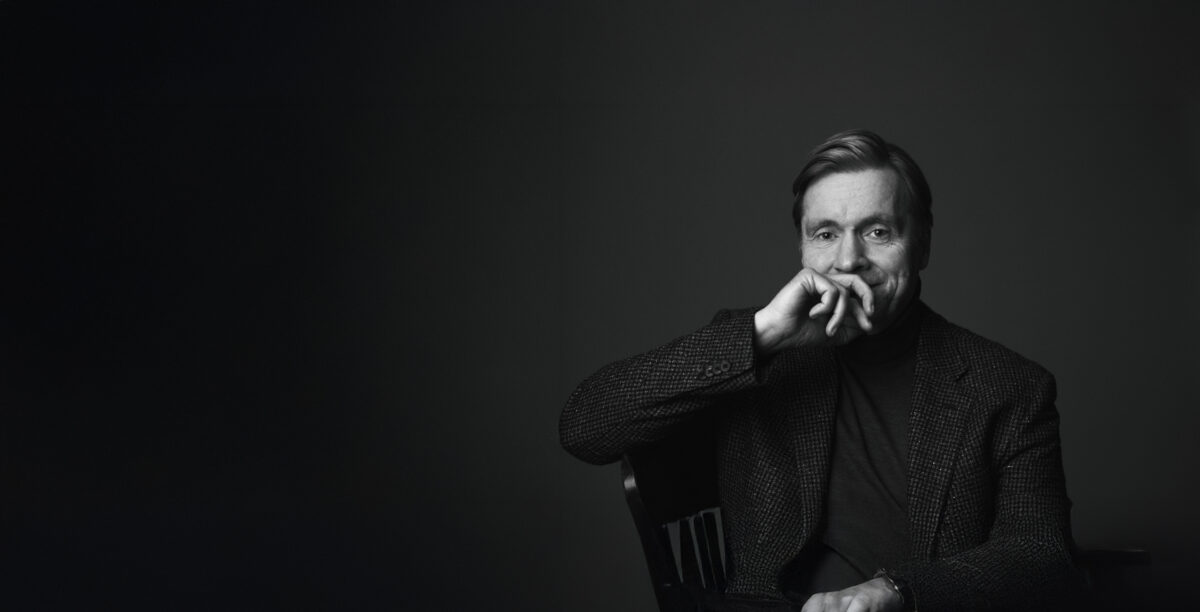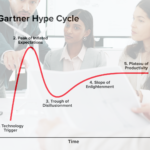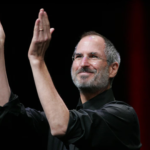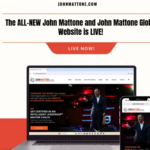The Hidden Challenges of Leadership

Leadership is often seen as the pinnacle of success, marked by influence, power, and the ability to drive change. Yet, behind the allure lies a set of profound challenges that leaders face daily. These aren’t simply drawbacks—they are tests of resilience, adaptability, and personal growth. Research from various fields offers valuable insights into these obstacles, deepening our understanding of the pressures leaders face.
Loneliness and Isolation
The CEO role is often described as the loneliest position in the corporate world. Many leaders struggle to balance their personal and professional lives, facing stress and loneliness that profoundly impact their mental health. Insights from the Korn Ferry Workforce 2024 Report underscore that as leaders ascend the corporate ladder, their networks often shrink, leading to fewer opportunities for meaningful connection. This isolation is compounded by the need for professional distance, which, while necessary for avoiding favoritism or conflict, can foster loneliness. The higher leaders climb, the fewer peers they find to confide in. Professional distance, necessary for avoiding favoritism or conflict, often leads to a sense of isolation. Recent studies from the Harvard Business Review reveal that 50% of CEOs report feeling isolated in their roles. This isolation is not just emotional; it directly affects decision-making. Data from Challenger, Gray & Christmas indicates that 61% of CEOs say loneliness negatively impacts their strategic choices. At the same time, a study by CEO World found that 70% of new CEOs feel they need more support, hindering their performance in the role. While solitude can foster clarity and reflection, loneliness erodes well-being and effectiveness. Leaders must seek support systems, such as coaching, while maintaining professional integrity.
The Paradox of Infallibility
Leaders are expected to project confidence and competence, often at the expense of vulnerability. Brene Brown’s research, particularly in her book Daring Greatly (2012), highlights that openness about weaknesses fosters trust within teams. Additionally, her academic perspectives on vulnerability have been discussed in leadership contexts, emphasizing that embracing vulnerability encourages trust and collaboration while fostering a more resilient organizational culture. Her work emphasizes that embracing vulnerability is not a weakness but a strength that builds deeper connections and encourages a culture of trust and collaboration. However, excessive vulnerability can undermine authority. Intelligent leadership requires a delicate balance—empowering others through honesty and empathy while retaining decisiveness.
The Pressure of Accountability
The Korn Ferry Workforce 2024 Report highlights the increasing complexity of decision-making in leadership roles, driven by rapidly evolving workplace dynamics and stakeholder expectations. It also reveals that more than 70% of U.S. CEOs struggle with impostor syndrome, while globally, 58% of CEOs and senior executives experience this phenomenon. Notably, this issue is most prevalent at the highest organizational levels, with 47% of leaders worldwide reporting feeling “stretched” or operating beyond their capacities. This insecurity is fueled by immense pressures and complex challenges, such as navigating AI, hybrid work models, societal expectations, and geopolitical issues. The report underscores that many leaders face these demands without adequate training or support, further amplifying their sense of inadequacy.
Leaders often experience decision fatigue due to the constant process of making strategic and operational decisions. This can result in diminished judgment, where the quality of choices declines as the day progresses. Research shows that leaders in a state of decision fatigue are more likely to make quick, superficial choices or even procrastinate on making decisions, which can slow down organizational progress. Recognizing this fatigue and implementing strategies such as delegation, prioritization, and taking regular breaks can help minimize the negative effects of decision fatigue, keeping decision-making effective.
Managing this pressure demands emotional intelligence, self-awareness, and a mindset focused on growth rather than perfection. The strain of constant decision-making can lead to cognitive depletion, making emotional regulation essential for sustained leadership performance.
Work-Life Balance Challenges
Personal sacrifices are a steep price paid by those at the top. Exhaustive dedication to work—exceeding 50 hours a week and spending 30% of their time traveling—affects family life and mental health. The Korn Ferry Workforce 2024 Report emphasizes that the blurring of professional and personal boundaries is a growing concern for leaders, particularly as hybrid and remote work arrangements become more prevalent. This shift demands greater attention to self-care and boundary setting to prevent burnout and ensure sustainable leadership. Leadership roles often blur the lines between professional and personal life. A report in the International Journal of Stress Management (2018) found that leaders frequently experience burnout due to overlapping responsibilities. The study emphasizes the importance of setting boundaries and actively investing in self-care to maintain a sustainable work-life balance.
Navigating Power Dynamics
With leadership comes a shift in relationships. Former peers may view leaders differently, and every action is scrutinized. Dacher Keltner’s The Power Paradox: How We Gain and Lose Influence (2016) reveals that power, while necessary for effective leadership, can erode empathy and trust if not managed consciously. His research emphasizes that leaders must remain vigilant about the dynamics of influence, ensuring that their actions foster trust and inclusivity. Building trust and maintaining an inclusive organizational culture is vital for mitigating these dynamics. With leadership comes a shift in relationships. Former peers may view leaders differently, and every action is scrutinized. Dacher Keltner’s The Power Paradox reveals that power can erode empathy and trust if not managed consciously. Building trust and maintaining an inclusive organizational culture is vital for mitigating these dynamics.
Insights from Women in Leadership
Research by Trinkenreich et al. (2022) on challenges faced by women in the software industry provides additional context. Their study at Ericsson identified eight obstacles, including lack of representation, biases, and limited access to networks. These findings align with insights from the Korn Ferry Workforce 2024 Report, which highlights that 44% of women and 49% of men report experiencing impostor syndrome. While more men acknowledge these feelings, the impact on women may be greater due to systemic barriers and stereotypes, such as the “double bind” in leadership. These challenges emphasize the importance of creating inclusive environments and targeted mentorship to support underrepresented groups in overcoming leadership obstacles. Trinkenreich et al. (2022) on challenges faced by women in the software industry provides additional context. Their study at Ericsson identified eight obstacles, including lack of representation, biases, and limited access to networks. These barriers resonate with broader leadership challenges, particularly for underrepresented groups, and emphasize the importance of inclusivity and mentorship in overcoming systemic barriers.
Conclusion
Leadership offers unparalleled opportunities for growth and impact but requires a continuous commitment to self-improvement. As John Mattone aptly puts it, “The most powerful leadership truth is that failure almost always precedes success, yet the most powerful leadership irony is that success is often the first step to failure.” This paradox underscores the need for leaders to remain vigilant and adaptable, using both success and failure as stepping stones for continued growth. By recognizing and addressing these challenges, leaders can transform obstacles into opportunities, leading with resilience, authenticity, and vision. Combining insights from research with practical strategies ensures that leaders remain effective in an increasingly complex world.

Explore the leadership and executive coaching services we offer
Discover how Executive Coaching @ The Hubler can guide you toward a renewed sense of purpose and sustained success. Explore the leadership and executive coaching services we offer and reach out to discuss the approach that best aligns with your aspirations.











